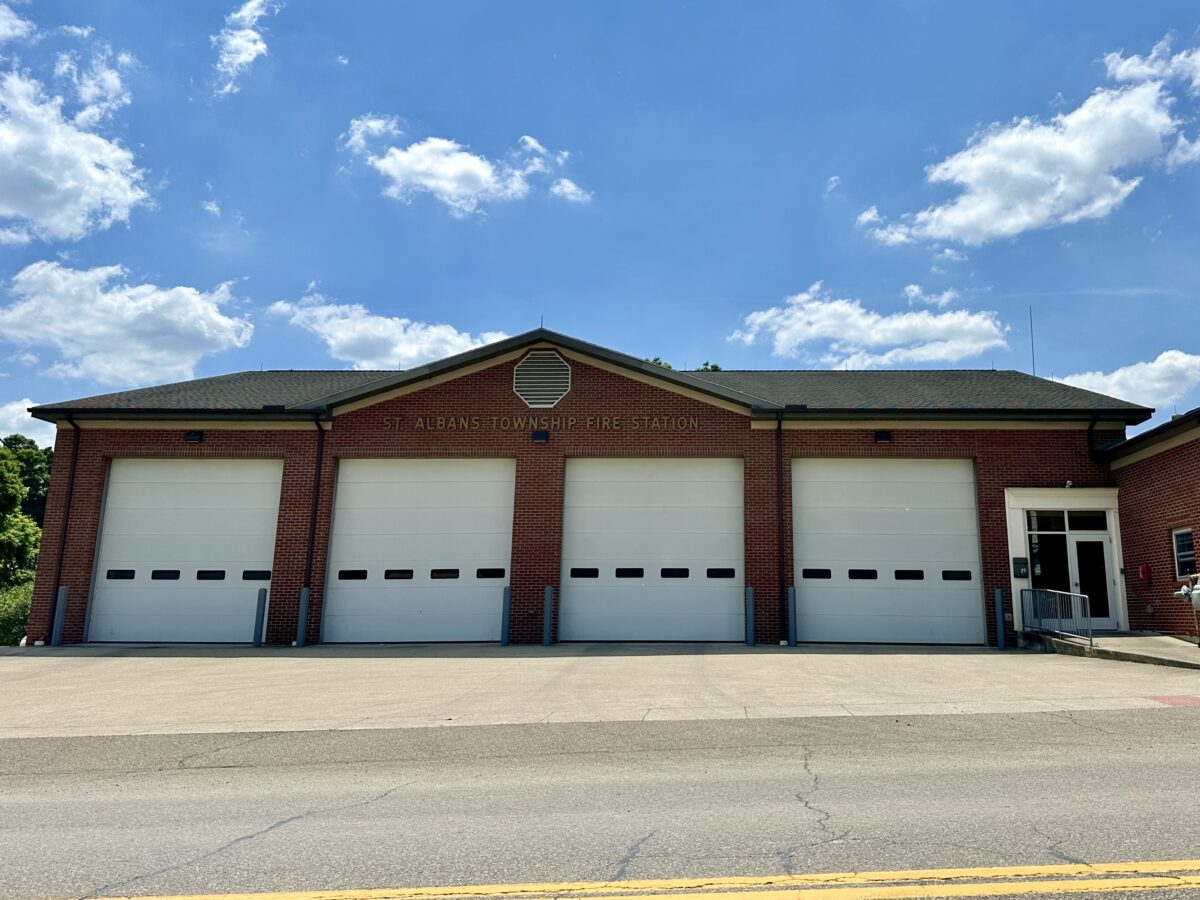St. Albans Township voters will see a new fire levy on the ballot in November after a proposed levy failed to garner enough support in this year’s March primary election.
The new levy, Fire Chief Michael Theisen said, would help cover rising costs of the department, including fire truck maintenance and staffing.
Theisen proposed a continuous 4-mill replacement levy and an additional 3 mills for the St. Albans fire department during the May 14 St. Albans Township Trustees meeting. It was approved by trustees Bruce Lane, Randal Almendinger, and Jean Morrison.
The proposed 10-mill fire levy that was rejected in March received 259 yes votes – or 42% in support – would have increased property taxes from about $200 per $100,000 of property value to $350, according to The Newark Advocate.
The new proposal, Theisen said, would increase the annual levy cost from $200 to $245 per $100,000 of property value, and would be continuous, unlike the current levy that must be renewed every five years.
Operating costs for the department have increased sharply, Theisen explained during the township trustees meeting last week.
“Our costs are so much higher than they were five years ago,” he said. “I’m buying a truck for 40% more money. If my truck still cost the same amount of money, we wouldn’t be here.”
The fire department received a Staffing for Adequate Fire and Emergency Response (SAFER) grant of $1.14 million for hiring firefighters in 2022. Theisen said the SAFER grant currently pays for three firefighters’ positions, but the grant money will run out in 2026, and at that point, the fire department would have to find a way to pay for the positions – or lay off people.
According to Theisen, in 2023, the St. Albans Township Fire Department responded to 615 calls. In 2022, the department responded to 656 calls.
Some residents attending the St. Albans Township Trustees meeting were concerned about the levy because it would be continuous instead of renewed in five years. Theisen said that changing the levy from continuous to renewable should not affect its ability to pass, but residents were still concerned that others would vote against the levy.
“That’s what scares me — the permanence,” Almendinger said.
“Put it on for five years, it’ll pass. Put it on permanent, it won’t,” one resident called out during the meeting.
Theisen explained that a continuous levy would ensure that the fire department has enough money to pay for new trucks and other equipment that has risen in cost. If this levy does not pass, Theisen said, he believes that the trustees will have to seek options to afford a fire department or find another way to provide EMS and fire services.
“The community has to define what’s important to it,” Theisen said.
Caroline Zollinger writes for TheReportingProject.org, the nonprofit news organization of Denison University’s Journalism program, which is supported by generous donations from readers. Sign up for The Reporting Project newsletter here.

